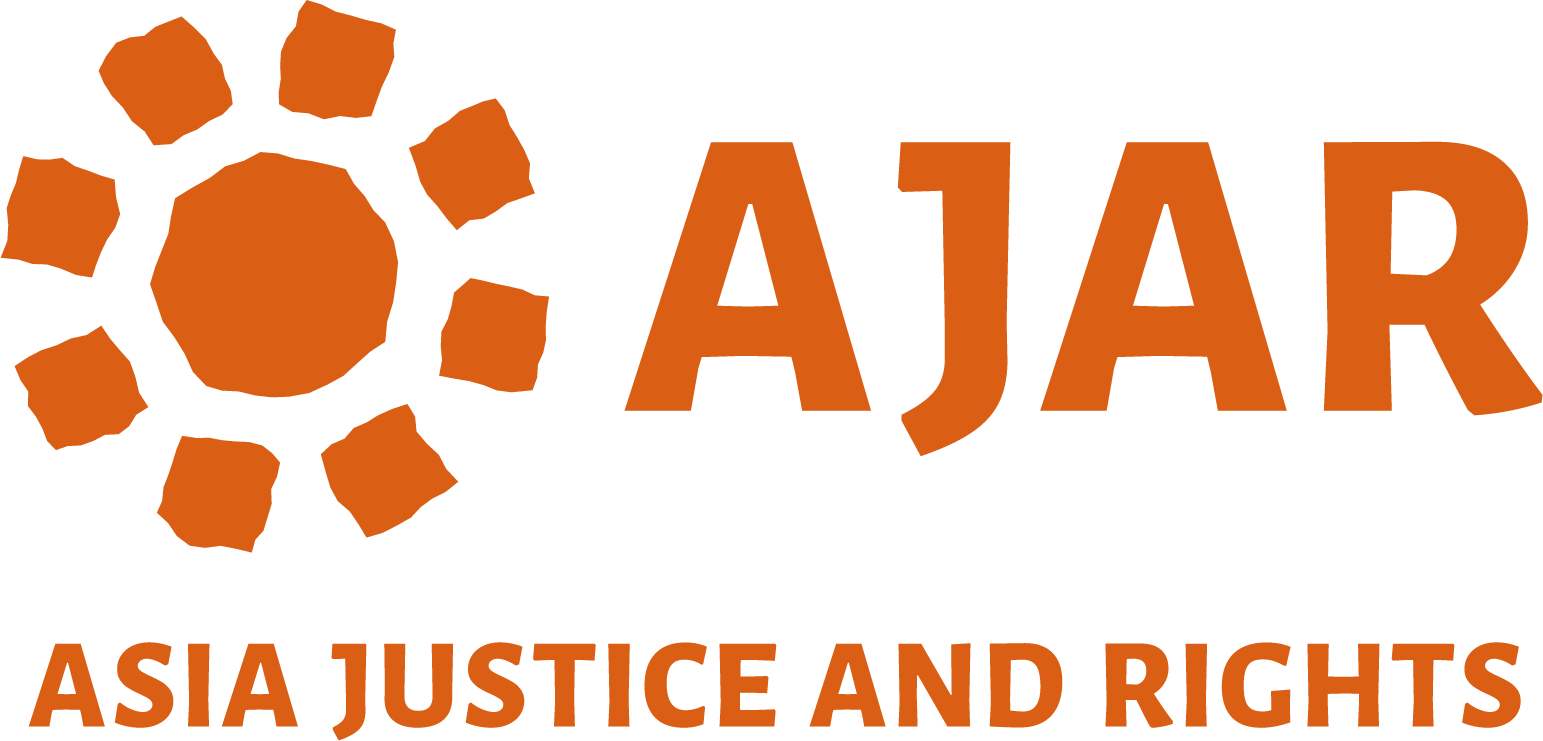As of July 2018, 26 cases have been brought before the International Criminal Court (ICC), with some cases having more than one suspect.
In 2022, nineteen of the 123 state parties to the Rome Statute (states that have ratified it) are located in the Asia-Pacific: Fiji, Tajikistan, Marshall Islands, Nauru, Cyprus, Cambodia, Jordan, Mongolia, Timor-Leste, Samoa, Republic of Korea, Afghanistan, Japan, Cook Islands, Bangladesh, Maldives, Vanuatu, Palestine and Kiribati. In recent years, some state parties have withdrawn from the ICC (i.e., Burundi), begun the withdrawal process (i.e., the Philippines), or threatened to withdraw (i.e., South Africa, Gambia).
Jurisdiction of the ICC
The ICC can obtain jurisdiction over a situation in three ways:
- a state party may refer a situation to the court;
- the UN Security Council may refer a situation to the court, including a situation involving a
state that is a member of the UN, but not party to the Rome Statute; or - the ICC Prosecutor may initiate an investigation of crimes alleged to have occurred in the
territory of a state party or to have been committed by nationals of a state party. The ICC may
exercise jurisdiction where genocide, crimes against humanity, or war crimes were commit
ted on or after 1 July 2002. As of 17 July 2018, the Security Council could refer to the ICC
cases in which an act of aggression seemed to have occurred whether or not it involved a
state party.
